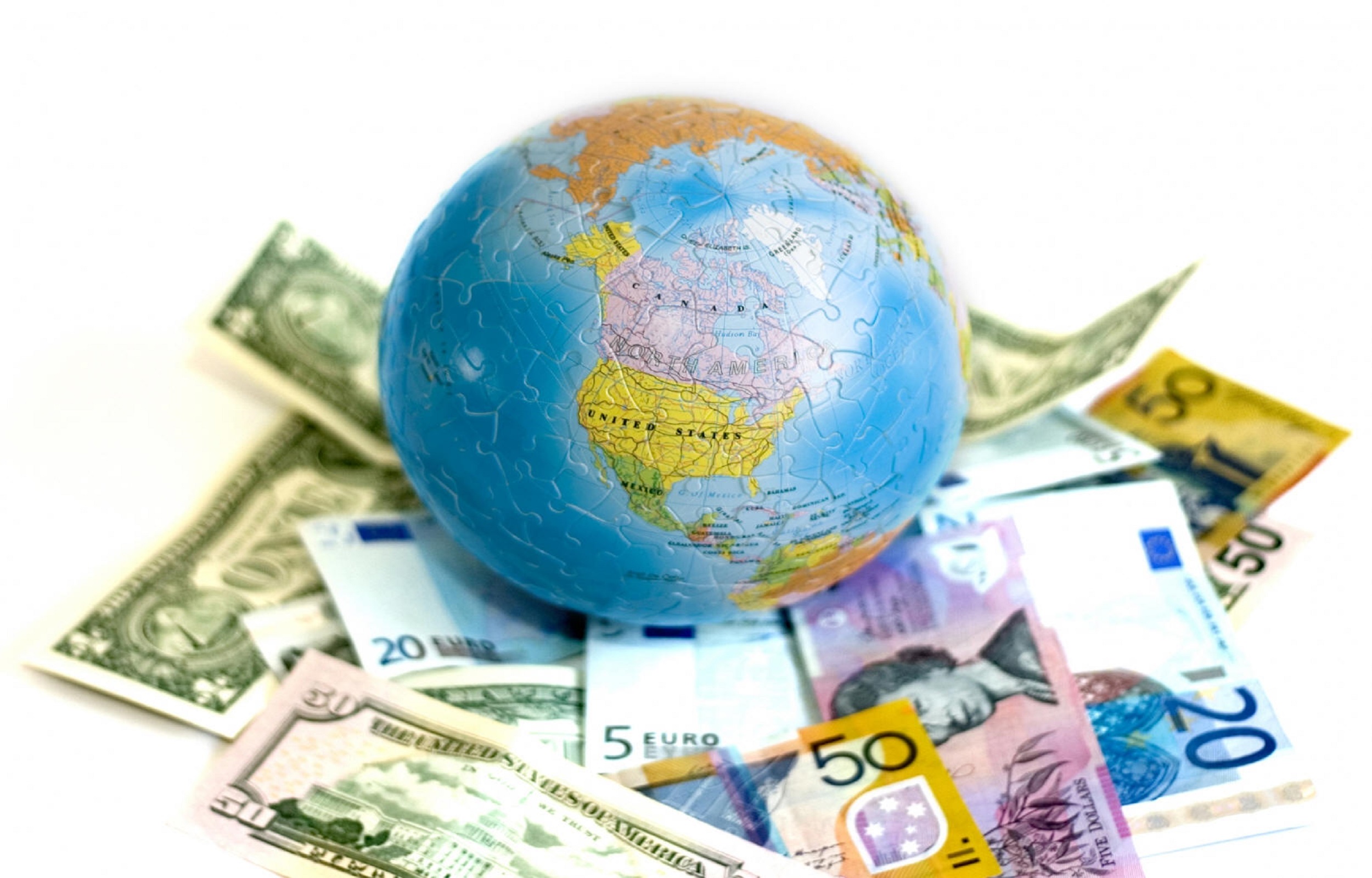Remittances from Arab expatriates working around the world have had a profound effect on the economies of their homelands, as figures from 2021 show. These remittances have helped keep economies afloat where they were in trouble, supported efforts to achieve sustainable development, helped maintain currency values, facilitated transition periods, and provided social support to overcome the difficulties associated with the Covid-19 epidemic. Moreover, they helped some countries evade the impact of international sanctions.
The figures in international reports from institutions such as the World Bank, have identified top Arab countries in receiving remittances, which are Egypt, Morocco, Lebanon, Jordan, Palestine, Tunisia, Algeria, Iraq, and Sudan. Egypt is the 5th largest recipient of remittances from its expatriates globally, according to The Egyptian Minister of Immigration and Expatriates, Ambassador Nabila Makram. Remittances from Arab expatriates play increasingly important roles in homeland economies, which can be described as follows:
Stabilizing Economies: The Deputy Governor for Economic Research in the Central Bank of Egypt, Dr Adel Abdel Azim, announced that Egyptian expatriates’ remittances from the period between January and August 2021 amounted to over 21.4 billion dollars, with an increase of 2 billion dollars, (an increase of around10.4%) from the previous year. Remittances were also high in FY20/21, compared to FY19/20, amounting to 31.4 billion dollars compared to 27.8 from the previous year, despite the effects of the COVID-19 Pandemic. Remittances increased the strength of the Egyptian economy, and were the major source of foreign currency, eclipsing the Suez Canal, tourism, and exports.
Increased levels of remittances from Egyptians abroad during the past years has been reflected in the current governments’ policy of reaching out to the expatriate community to harness their experiences in various fields. A protocol was recently signed between the Ministry for Immigration and Expatriates and the Egyptian Stock Exchange to encourage expatriates to invest in the Egyptian economy and to help them set up projects. A new strategy to reach out to Egyptian expatriates has evolved, in the context of a major initiative to “Develop Egypt with the Support of Egyptians Abroad”. This is a joint initiative between the Ministry of Immigration on one side and the International Migration Organization and the Italian Agency for Development Cooperation on the other.
Also supporting the rise in remittances is a policy the Egyptian Central Bank has followed in the past five years, cracking down on the black-market currency exchanges, thereby ensuring that all transfers were conducted through official channels, which reached record levels. Trust in the Egyptian economy by expatriates rose due to increased stability on the political and economic levels. The success of the reform program has also encouraged investors to pump more into the Egyptian economy.
Supporting Transitional Periods: An example of such a case is Tunisia, as data recently released by the Tunisian Central Bank indicated an increase in the amount of money being transferred from abroad. This increase came to 33% between the months of January and November 2021. This brought the total amount of transfers to 6.8 billion dinars, the equivalent of 2.35 billion dollars. During the same period of the year before, the total amount of remittances transferred was 5.1 billion dinars.
Most analysts agree that Tunisia needs around 6.7 billion dollars in 2022 to be able to combat inflation, meet rising oil prices, and to offset the fall in the Tunisian foreign reserves to 7.7 billion dollars. The Tunisian dinar has lost a total of 43% of its value leading to an increase in the cost of basic goods which likely will lead to a decline in popularity of the current President Kais Saied and increase opposition to the emergency decrees issued on the 25th of July.
Sudan is another example of turbulent transitional periods and is also witnessing increased transfers from abroad. Sudan has begun to rely on remittances heavily in the past period, leading Makin Hamed Teerab, the head of the agency for organizing Sudanese workers abroad, to cancel all fees on expatriates and immigrants, and to settle on all late dues, as part of a government-led initiative to increase trust in transfers to Sudan through the official exchange. In aid to this initiative, the Ministry of Finance vowed to remove all obstacles facing citizens in official channels as part of the ongoing effort to encourage further transfers.
Evading Sanctions: Syrian expatriates have since the start of the Syrian civil war taken steps to ensure their families receive transfers through the black market, bypassing international sanctions. Large swathes of Syrian expatriates have gone through unofficial channels to send money through “Exchange Offices”, in the face of the steep decline of the Syrian Lira against the dollar and other foreign currencies.
As indicated by the Syrian Statistics Office, inflation has increased by 20% in 2020 as compared with 2019, which burdens Syrians who are paid in the Syrian Lira but buy basic goods whose prices are based on the cost of the dollar. This gap has led Syrians to transfer money through unofficial channels, while the government has tried to crack down on unofficial money exchanges and the black market. International sanctions prevent transfers through Syria’s central bank, making unofficial transfers the only means Syrian expatriates have to help out suffering families at home.
Social Cohesion in the face of Covid-19 pandemic: This past July, the Moroccan Exchange Office revealed that there was a large increase in the number of remittances, a rise of 45.3% as compared with the same period of 2020. These transfers amounted to 28.8 billion dirhams compared with 19.84 billion dirhams previously. This illustrated the close ties the Moroccan expatriate community has with Morocco, and as they are more stable in terms of finances, they are more than willing to help their families back home. Expatriate Moroccans also fund various projects in Morocco, specifically in the real estate sector.
In conclusion, remittances have helped Arab countries weather various economic problems, including falling national reserves, and difficult transition periods, and have helped support impoverished families during hard times of the pandemic, to the extent that the World Bank believes remittances are reflected in the growth indices of the Arab region.


